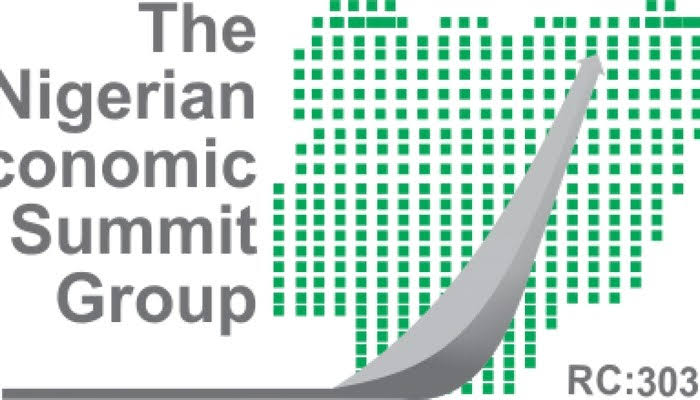The United States government has committed $200m to women empowerment and equality programmes in Nigeria.
Speaking at the Gender and Inclusion Summit 2022 organised by the Policy Innovation Centre, which is a brainchild of the Nigerian Economic Summit Group in Abuja, US Ambassador to Nigeria, Mary Leonard, said much of the funding was targeted at addressing women-related issues and empowering Nigerian women.
She said nations with gender equality had higher economic prosperity, noting that “the United States is committed to promoting women empowerment in Nigeria.”
On his part, the World Bank Country Director for Nigeria, Shubham Chaudhuri, said that Nigeria’s plan to lift 100 million people out of poverty would be impossible without women empowerment.
Chaudhuri said, “In Nigeria, the goal is to lift a 100 million Nigerians out of poverty. It is simple fact that without full economic participation and empowerment of women and girls, Nigeria will not attain that goal.”
He stressed the need for the government to partner with communities and private sector to empower girls and women.
She noted that women had been the major beneficiaries of the government’s cash transfer programme for poor and vulnerable Nigerians.
Chairman of NESG, Niyi Yusuf, cited the Global Gender Gap Report 2022 which showed that gender equality was far from being realised,
“It will take another 132 years to close the global gender gap. The pandemic has done more than open our eyes to the economic vulnerability of our nations. It also opened our eyes to the plights women and other marginalized groups face,” he said, noting that statistics showed that the pandemic had disproportionately impacted women and other marginalised groups.
The NESG chairman said responsibility was on everyone to pursue this fundamental call to human rights, which was a mission to save everybody from wealth loss.
“On Educational Attainment, Nigeria records higher levels of parity in secondary education and tertiary education enrolments. However, both shares of men and women in secondary education in 2022 were lower than in 2021, while both increased in tertiary education.”
PUNCH














